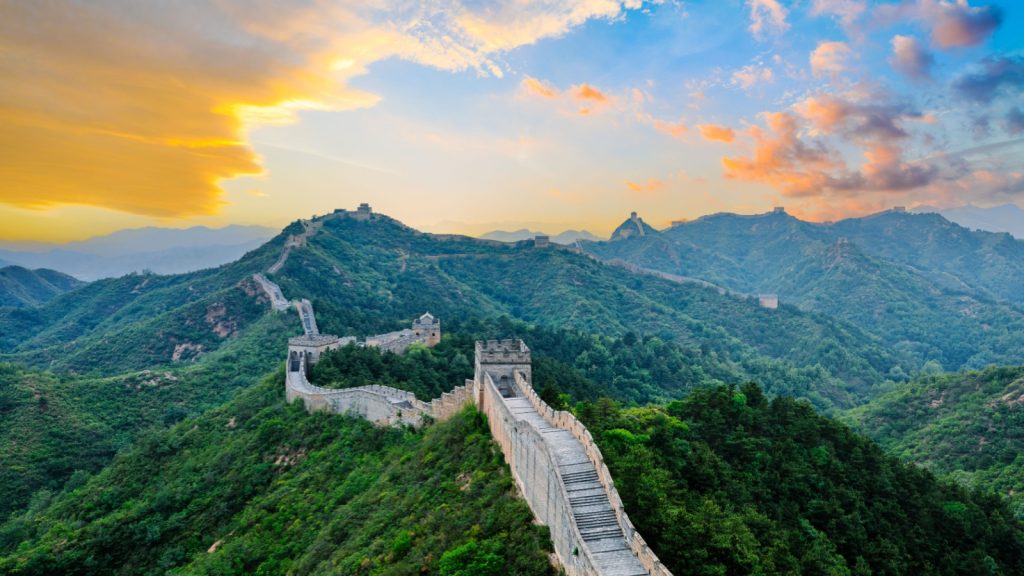The Great Wall of China has always fascinated me. It’s more than just a wall—it’s a story etched into the landscape, whispering secrets of ancient empires, fierce battles, and extraordinary engineering feats. With every step, you’re walking through centuries of history, from the earliest walls built over 2,000 years ago to the brick-and-stone sections that have stood the test of time.
But did you know this awe-inspiring structure is much more than a single wall? It’s actually a network of fortifications that stretches thousands of miles! From myths about it being visible from the moon to the mysteries hidden in its construction, the Great Wall is full of surprises. Here are 24 incredible facts that might just change how you see this ancient wonder.
The Great Wall Is Actually Several Walls
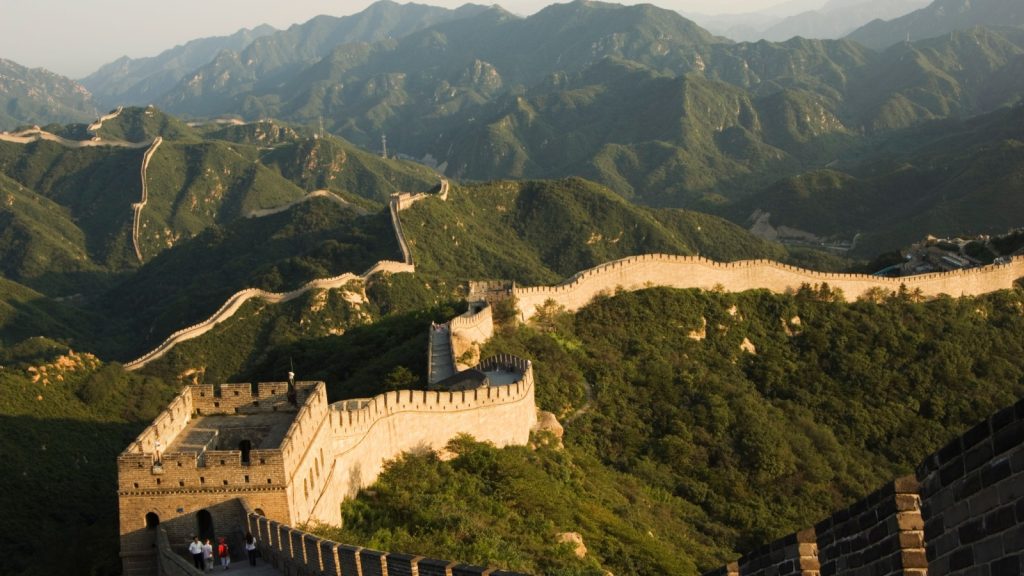
The “Great Wall” isn’t one continuous structure. It’s a collection of walls and fortifications built by different dynasties over thousands of years. Each section was built to protect various territories, and their designs and materials vary greatly depending on the region and time period.
It’s Over 13,000 Miles Long

While we often hear of the Great Wall being around 5,500 miles, including all its branches, trenches, and natural barriers, the entire defensive system measures over 13,000 miles. That’s roughly half the circumference of the Earth!
It Was Built With Rice!
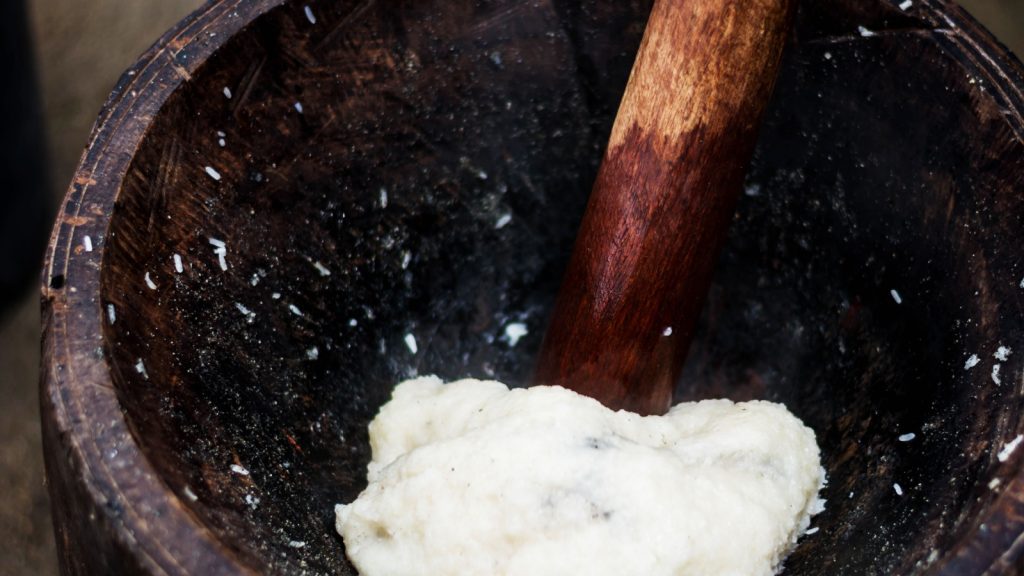
Sticky rice mortar, mixed with lime, was used in parts of the Wall during the Ming Dynasty. This innovative material helped the Wall endure earthquakes and erosion, making it stronger than traditional mortar.
Not Visible From the Moon

Contrary to the popular myth, the Great Wall cannot be seen from the moon without aid. While it’s long, the Wall is too narrow to be distinguishable from that distance, especially since it blends into the natural landscape.
Millions of Workers Built It
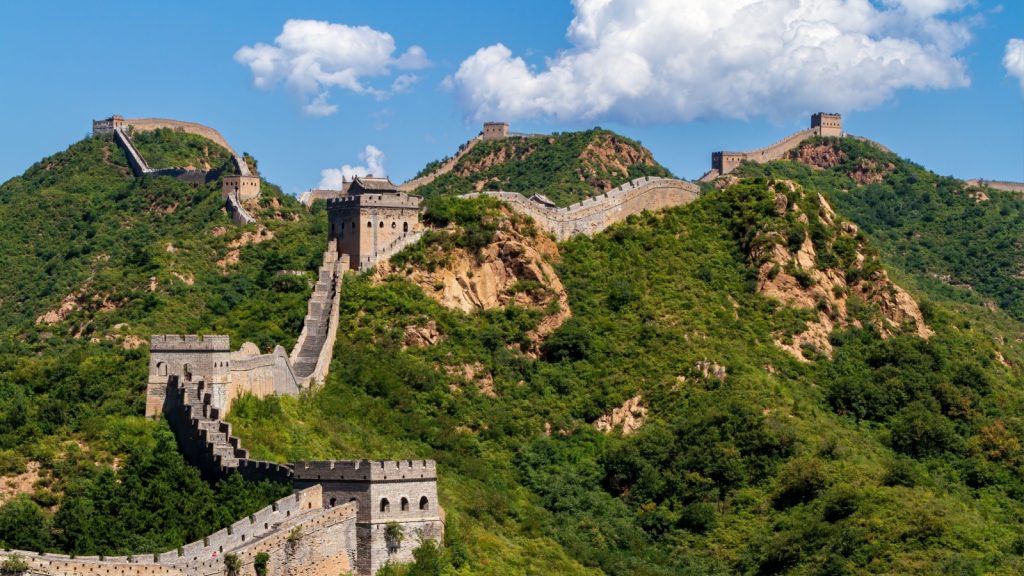
Construction involved soldiers, peasants, prisoners, and even intellectuals who were punished for opposing rulers. It’s estimated that hundreds of thousands—if not millions—of workers contributed to the Wall, and many lost their lives in the process.
Some Sections Are Disappearing

Around 30% of the Wall has vanished due to natural erosion and human activity, including theft of its bricks for modern construction. Preservation efforts are ongoing, but parts of the Wall are in critical danger.
Animals Made Their Homes Inside
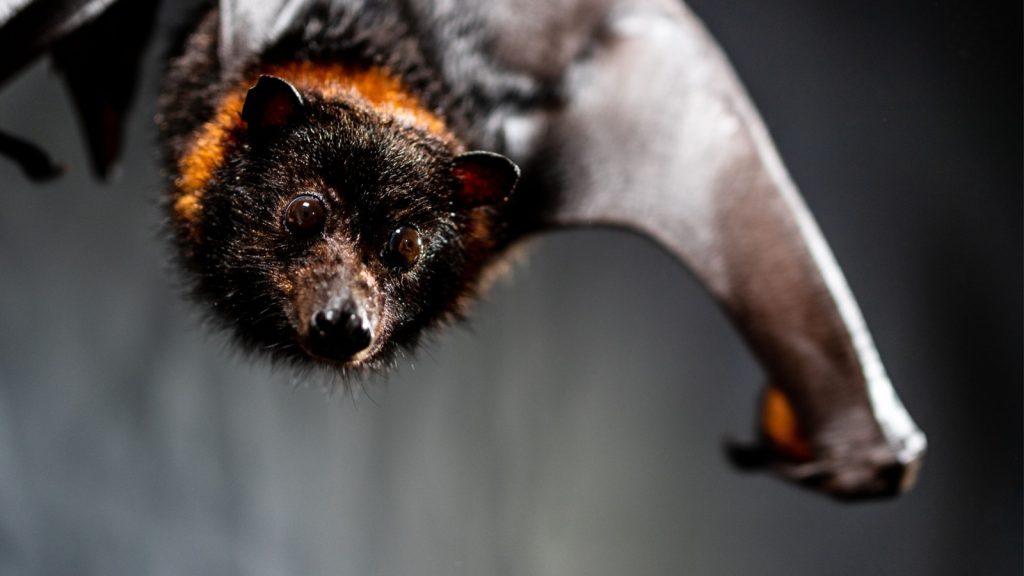
Wild animals like bats, birds, and even leopards have taken up residence in the Wall over the years. The Wall’s crevices and caves create natural shelters that animals use for protection.
There’s a Secret Wall Underwater

A submerged section of the Great Wall lies beneath a reservoir near Beijing. You can even scuba dive to explore this lesser-known part, which is hauntingly preserved underwater.
The Wall Wasn’t Always Effective

Despite its size and grandeur, the Great Wall didn’t completely prevent invasions. For example, the Mongols under Genghis Khan managed to bypass the Wall by bribing gatekeepers and finding weak points.
It’s a UNESCO World Heritage Site
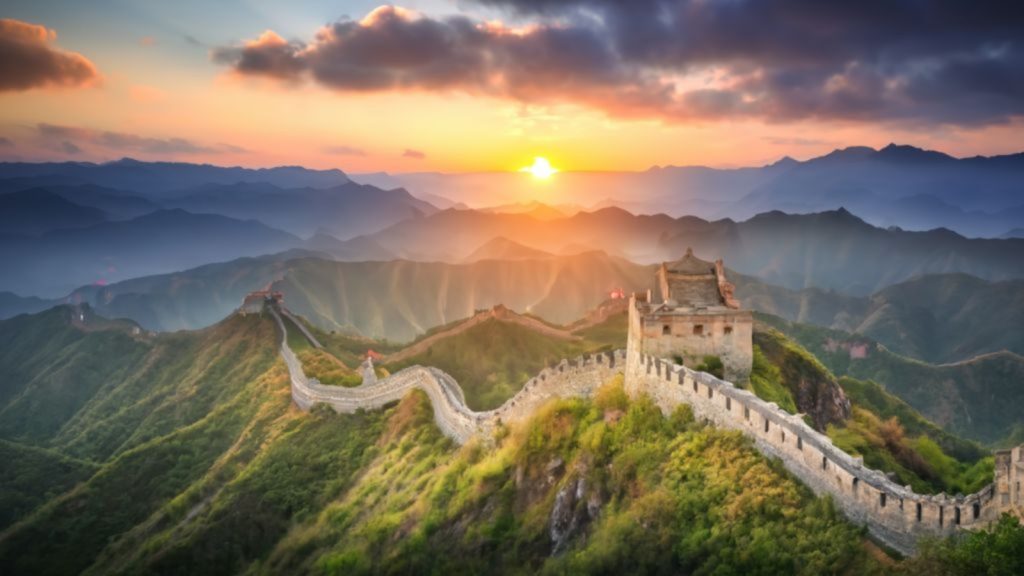
In 1987, UNESCO recognized the Great Wall as a World Heritage Site. This designation highlights its importance as a cultural and historical treasure worthy of preservation for future generations.
A Famous Battle Took Place at the Wall

The Battle of Shanhai Pass in 1644 is one of the most famous military conflicts involving the Wall. It was a key moment in the Ming-Qing transition, marking the end of the Ming Dynasty.
The Wall Has Watchtowers for Communication

The Wall is dotted with thousands of watchtowers, which served as lookouts and communication hubs. Smoke signals and fire beacons were used to alert distant sections of impending attacks.
It’s a Symbol of Chinese Unity

While it was originally built to separate regions and defend against outsiders, the Great Wall has come to symbolize the strength and unity of the Chinese people.
You Can Sleep on the Wall

Certain sections, like the Jinshanling Wall, allow adventurous visitors to camp overnight. Imagine falling asleep under the stars, surrounded by ancient stones steeped in history!
The Wall Crosses 15 Provinces

The Great Wall stretches across 15 provinces, municipalities, and autonomous regions in China. This makes it an extraordinary link between diverse landscapes and cultures.
It Took Centuries to Build

The earliest walls date back to the 7th century BCE, and construction continued into the 17th century during the Ming Dynasty. That’s over 2,000 years of building and rebuilding!
It’s One of the Seven New Wonders
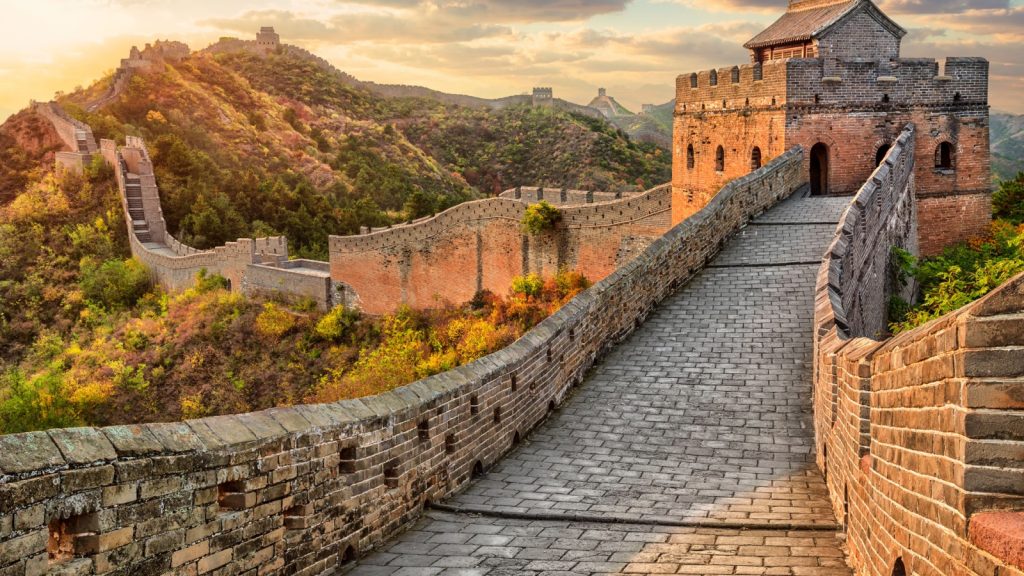
In 2007, the Great Wall was named one of the New Seven Wonders of the World, chosen through a global poll celebrating iconic man-made landmarks.
Tourists Love the Badaling Section
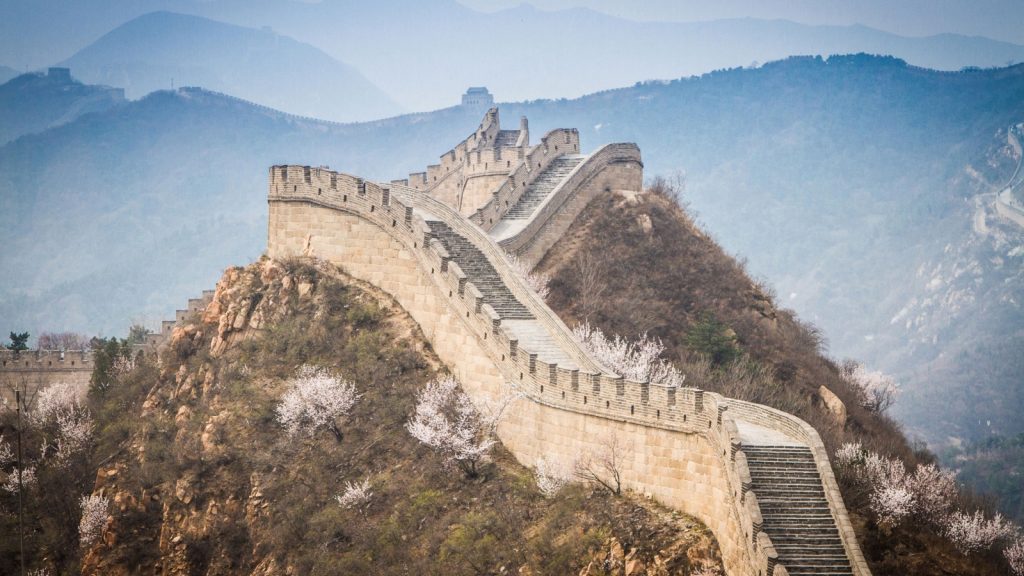
Badaling, the most visited part of the Wall, is fully restored and conveniently located near Beijing. Its wide paths and stunning views make it a favorite for visitors.
The Wall Inspired Chinese Poetry

The Great Wall has inspired countless poems and songs throughout history, often symbolizing perseverance and protection. One famous line describes it as “a long dragon lying in the mountains.”
Some Sections Are Made of Earth

Not all of the Wall is stone. Earlier sections were built using tamped earth, reeds, and wood, especially in areas where stone was scarce. These sections are more vulnerable to erosion.
It’s a Popular Marathon Location

Each year, the Great Wall Marathon attracts runners from all over the world. Participants tackle steep steps and rugged terrain, making it one of the most challenging marathons ever.
The Wall Inspired a Movie

The 2016 film The Great Wall was set against the iconic structure, bringing it to the big screen in a fantasy epic. Though not historically accurate, the film sparked renewed interest in the Wall’s legacy.
It’s a National Treasure
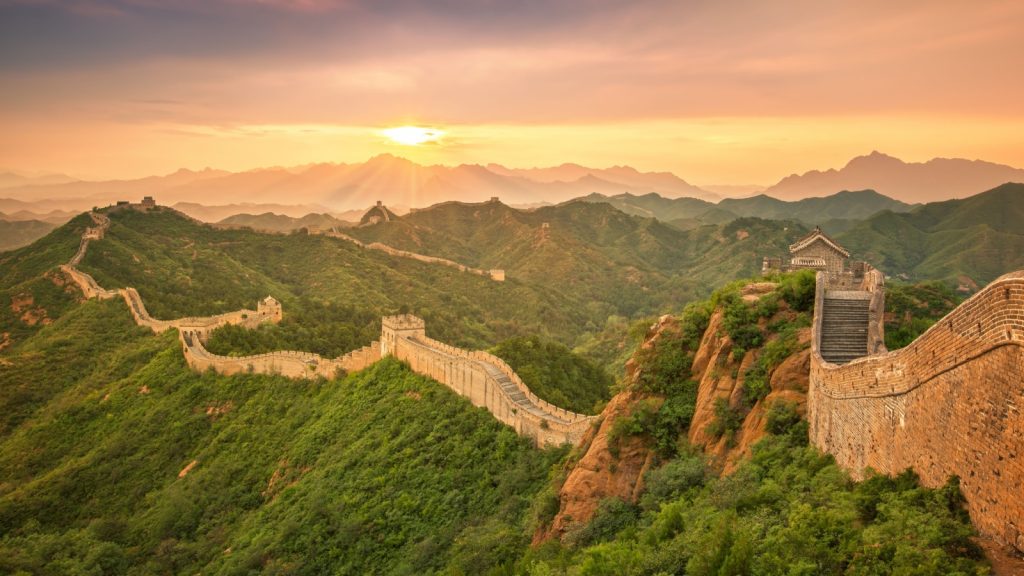
Today, the Great Wall is more than just a historical monument. It’s a national symbol of China’s strength, resilience, and rich heritage, drawing millions of visitors each year.
What Science Fiction Gets Wrong About Mars and 23 Other Astonishing Planetary Facts

Our solar system is full of amazing and surprising facts that make each planet unique. From extreme temperatures to giant storms, there’s so much to learn about the planets that orbit our Sun. Here are 24 astonishing planetary facts that will leave you in awe.
Read More: What Science Fiction Gets Wrong About Mars and 23 Other Astonishing Planetary Facts
17 Old Wives’ Tales That Are Actually True

Old wives’ tales have been passed down through generations, often dismissed as mere superstition. However, many of these age-old beliefs are rooted in truth. From health tips to weather predictions, these stories from the past can surprise us with their accuracy. Here are 17 old wives’ tales that are actually true.
Read More: 17 Old Wives’ Tales That Are Actually True
18 Everyday Things Amish Women Aren’t Allowed to Do

The Amish culture is known for its simple way of life and adherence to traditional values. While this lifestyle may seem appealing to some, there are certain restrictions that Amish women face that most modern women do not. Take a look at these things that we take for granted that are off-limits to Amish women.
Read More: 18 Everyday Things Amish Women Aren’t Allowed to Do
Ellen has been obsessed with logic puzzles, jigsaws, and cryptograms since she was a kid. After learning she was taught how to play chess wrong by a family friend (so they could win), she joined her school chess club and the rest is history.
